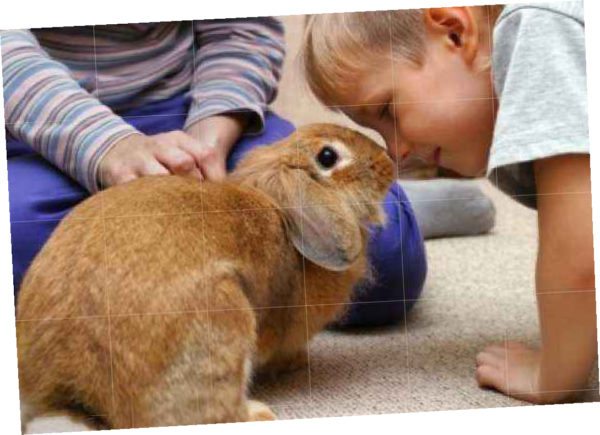Parrots are charming birds that will delight any home because of the conditions of this species. In addition to being characterized by imitating human sounds, these birds are able to establish strong bonds with their caretakers and also live long years. But do you know how to care for your parrot? In this post we have prepared a series of tips and recommendations for you to take care of your parrot to perfection.
4 tips to keep in mind when keeping a parrot at home
Caring for a parrot does not have to be a complex matter. On the other hand, its care is quite simple and it is not a bird that requires anything too complicated. Of course, like any living thing, it needs certain basic things such as a habitat and adequate food and affection from its caretakers. Also, parrots are very social beings, so if you are considering getting a parrot, you should get used to the idea that you are much better off with two.
The sounds of parrots, we explain what they are like
Care for a parrot
The four basic aspects of parrot care are hygiene, feeding, environment and socialization. Let’s take a look at the details of each of them.
- Hygiene. Parrots are by nature clean animals. However, they are usually quite vulnerable to internal and external parasites. That is why you should keep your parrot’s habitat clean, sanitizing at least twice a week the place where it lives. In addition, you should clean up droppings and food scraps every day. Prevent food and droppings from accumulating at the bottom of the cage or in other places and wash accessories frequently.
- Food. Balanced food is the key to your parrot’s good health. Experts recommend that about 80% of the diet should be composed of fruits and vegetables, while the remaining 20% can be seeds and grains. Once or twice a week you can offer them hard-boiled egg, yogurt and rice. Remember that parrots do not metabolize garlic, parsley and raw potatoes or squash well. The ingestion of these products can cause them serious harm. You should not offer industrialized or spicy foods, chocolate, coffee and high-fat dairy products.
- Habitat. In general, parrots can live loose inside the house. However, it is good for them to have a cage that will really be their home. Inside, your parrot will be able to rest, feed and feel safe. The cage should be of a size that allows the bird to move around comfortably. That is, at least four to five times the size of your parrot. You can also put toys so that he can entertain himself with them. It is not advisable to place the cage outdoors or exposed to air currents.
- Socialization. Birds in general tend to be sociable and this is also the case with parrots. That is why a lonely parrot is likely to become depressed and sick. It will always be better to have at least one partner, who can be of different or equal sex.
My parrot does not talk
Image courtesy of https://www.iltonura.top, all rights reserved.







